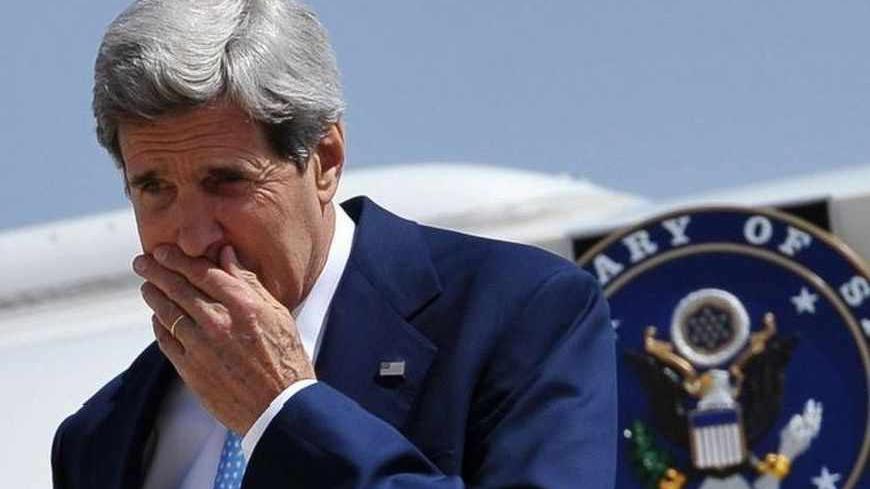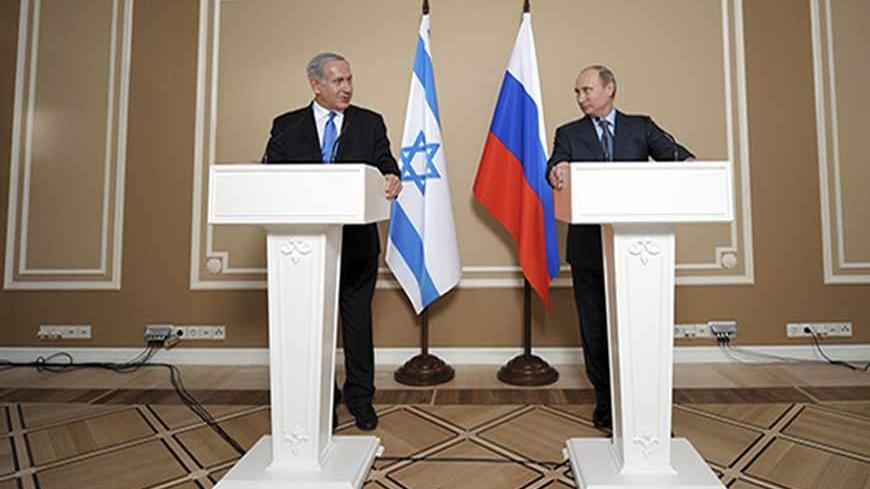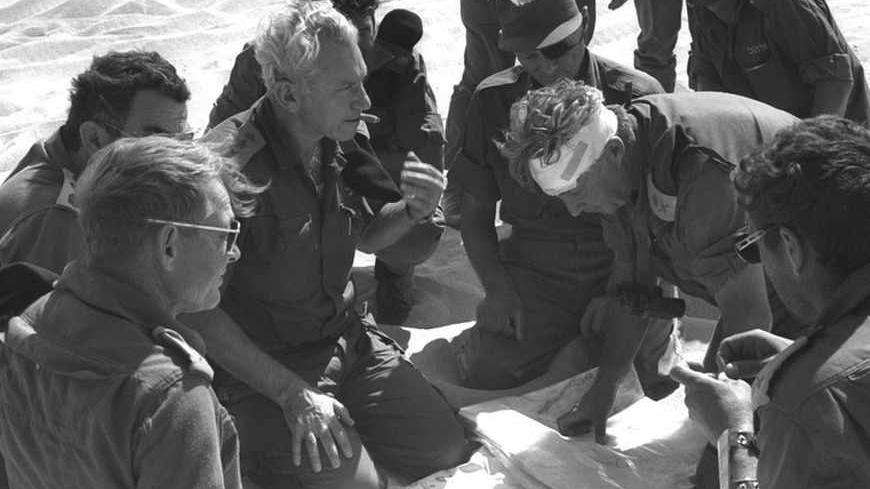

Why AL-Monitor?
AL-Monitor is an award-winning media outlet covering the Middle East, valued for its independence, diversity and analysis. It is read widely by US, international and Middle East decision makers at the highest levels, as well as by media, thought and business leaders and academia.
Read by









Live news & notifications

Premier analysis of the Middle East

Live events & video

Specialized Newsletters

Big, exclusive interviews

ALM archives since 2012

Subscribe for unlimited access
By becoming an Al-Monitor subscriber, you drive our team’s rigorous and independent journalism spanning the Middle East.
Continue

![Destroyed Egyptian armour lines the sides of a Sinai road after it was hit by Israeli jet fighters during the 1967 Six Day War. [In six days Israel took control of the West Bank, the Gaza Strip, Sinai and the Golan Heights as well as "unifying" Jerusalem by capturing East Jerusalem and the Old City, thus increasing Israel's land mass dramatically. It also became burdened with hundreds of thousands of Palestinians along with the land it captured.] Israel celebrates its 50th Golden Jubilee anniversary on Apr](/sites/default/files/styles/article_header/public/almpics/2013/08/Sinai.jpg/Sinai.jpg?h=2d235432&itok=K5reP4aE)




